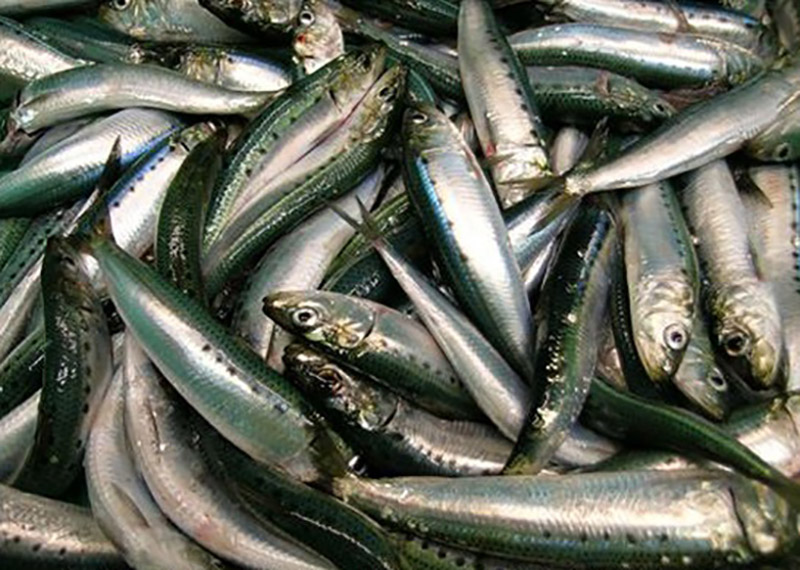Alleging that West Coast fisheries managers are repeating mistakes of the past half-century, the environmental group Oceana is suing NMFS over its approval of the latest sardine management plan and demanding more action to rebuild the stock.
“Despite these hard lessons, NMFS repeats these management failures in Amendment 18,” states the group’s complaint, filed by the legal group Earthjustice July 14 in the U.S. District Court for northern California, naming Commerce Secretary Gina Raimondo, NOAA and the fisheries agency.
Oceana says NMFS should not have approved the Pacific Fishery Management Council’s amendment to the coastal pelagic species management plan, allowing managers to “chose a suite of already disproven, status quo management measures that will keep this population at levels too low to support either the ecosystem or the primary fishery that relies on sardine for half a century or more.”
“Basically, we’re dealing with a rebuilding plan that’s not designed to rebuild,” said Geoff Shester, senior scientist and California campaign director for Oceana.
Environmental activists, managers and fishermen have long been at odds over sardines, foundation of the historic cannery industry that collapsed in the 1950s and stayed closed until 1974. Sardines were found in 2019 to be overfished, but fishing advocates say offshore surveys are missing bodies of fish and young that fishermen see.
Managers recognize that the sardine stock size is primarily driven by environmental factors, and that there is inadequacy of surveys used in assessments, said Diane Pleschner-Steele, executive director of the California Wetfish Producers Association.
“Oceana just refuses to acknowledge the reality,” said Pleschner-Steele. “We’ve been arguing for years that the surveys don’t capture the (accurate number) of fish.”
The accusation of “status quo is misrepresenting management,” said Pleschner-Steele. The council and NMFS need flexibility to improve surveys and assessments, monitor environmental factors and consider the fishing community needs with “the only reasonable rebuilding plan,” she said.
“It’s a balancing act between the biology of the fish and the well-being of the fishing community,” she said.
Managers have been using models based on northern and southern sardine stocks and linking most of the allowable biological catch to the northern stock, said Pleschner-Steele. But she said newer analysis has shown virtually all catches come from the southern stock, which also fuels a robust live-bait fishery supplying the recreational sector.
Shester says that fishery may account for 50 percent or more of the catch and needs a closer look too. Back in the 1950s and ‘60s fisheries managers trying to guide a recovery allowed the bait fishery to be big, and “that was recognized as a big mistake,” he said.
There’s no question that sardine levels are driven by environmental conditions, but “the question is what does fishing do on top of that?” said Shester. “When they (sardines) move into these low levels that’s not sustainable.”
Efforts to build cooperative surveys were sidetracked in 2020 with covid-19, but work is underway again with the California Department of Fish and Wildlife on acoustic trawl and aerial surveys, said Pleschner-Steele. Work so far this year has found large bodies of fish, she said.
“I’m hoping we’ll be coming to an update of the stock assessment by the end of the year,” she said, that could get the fishery “out of overfished jail.”







